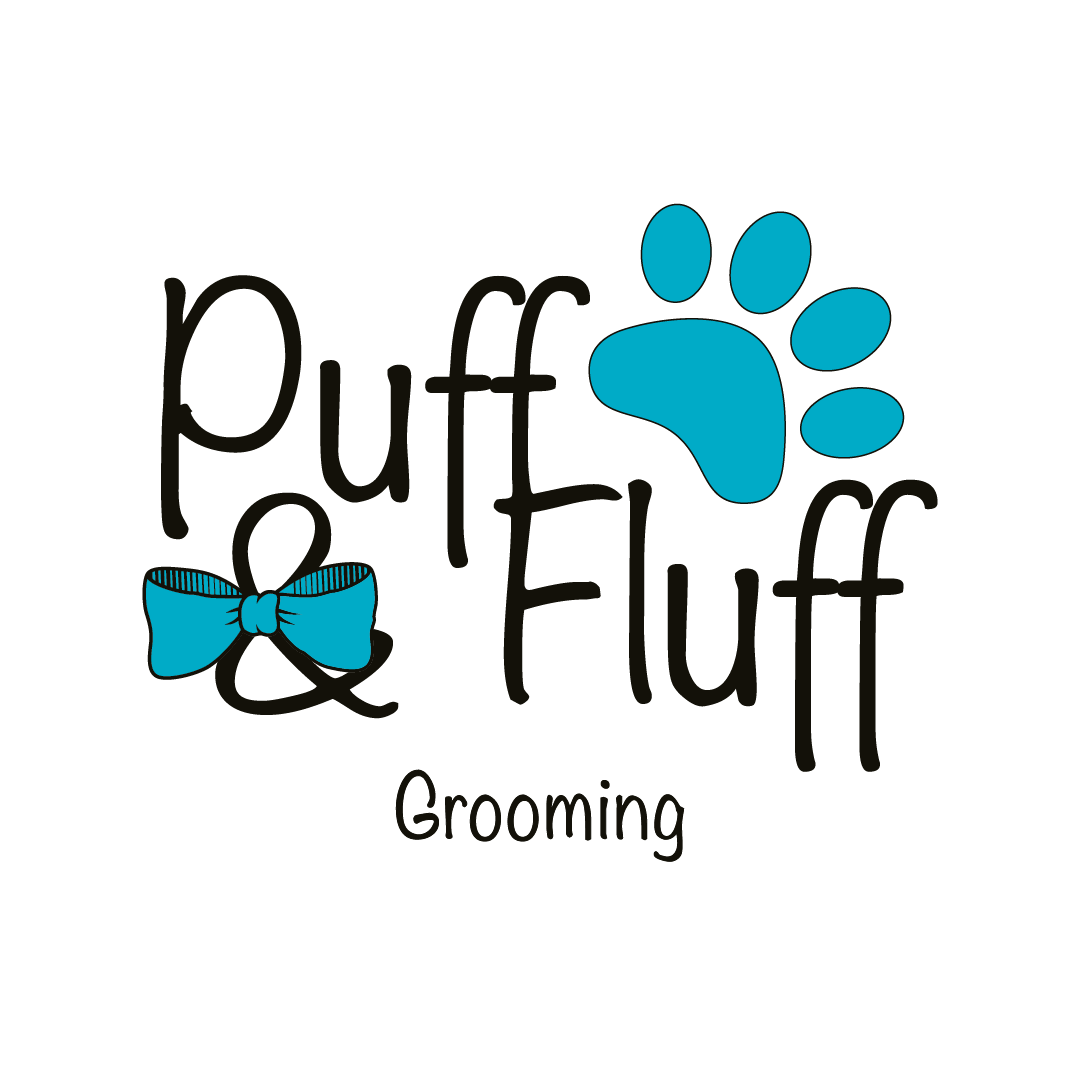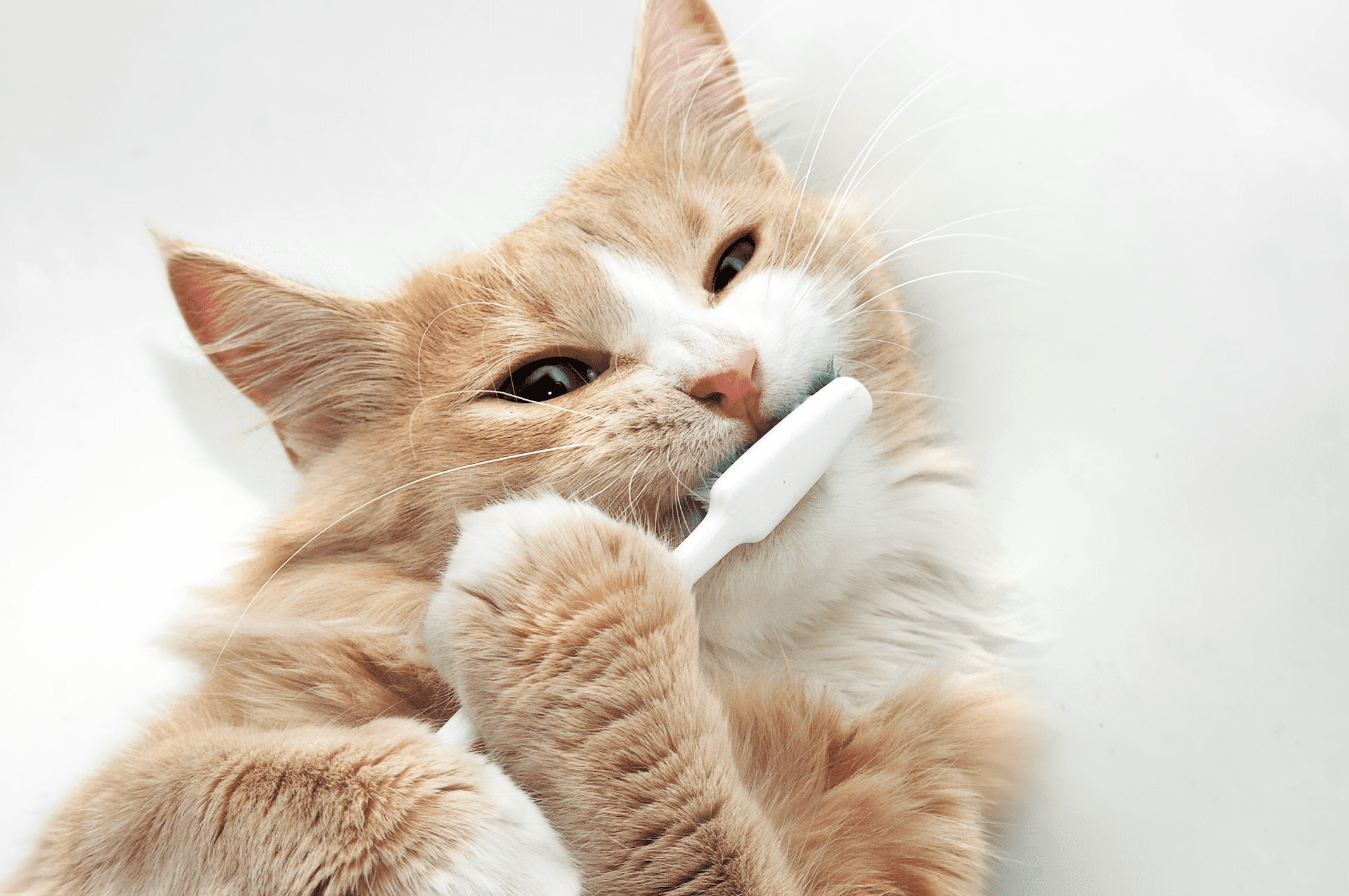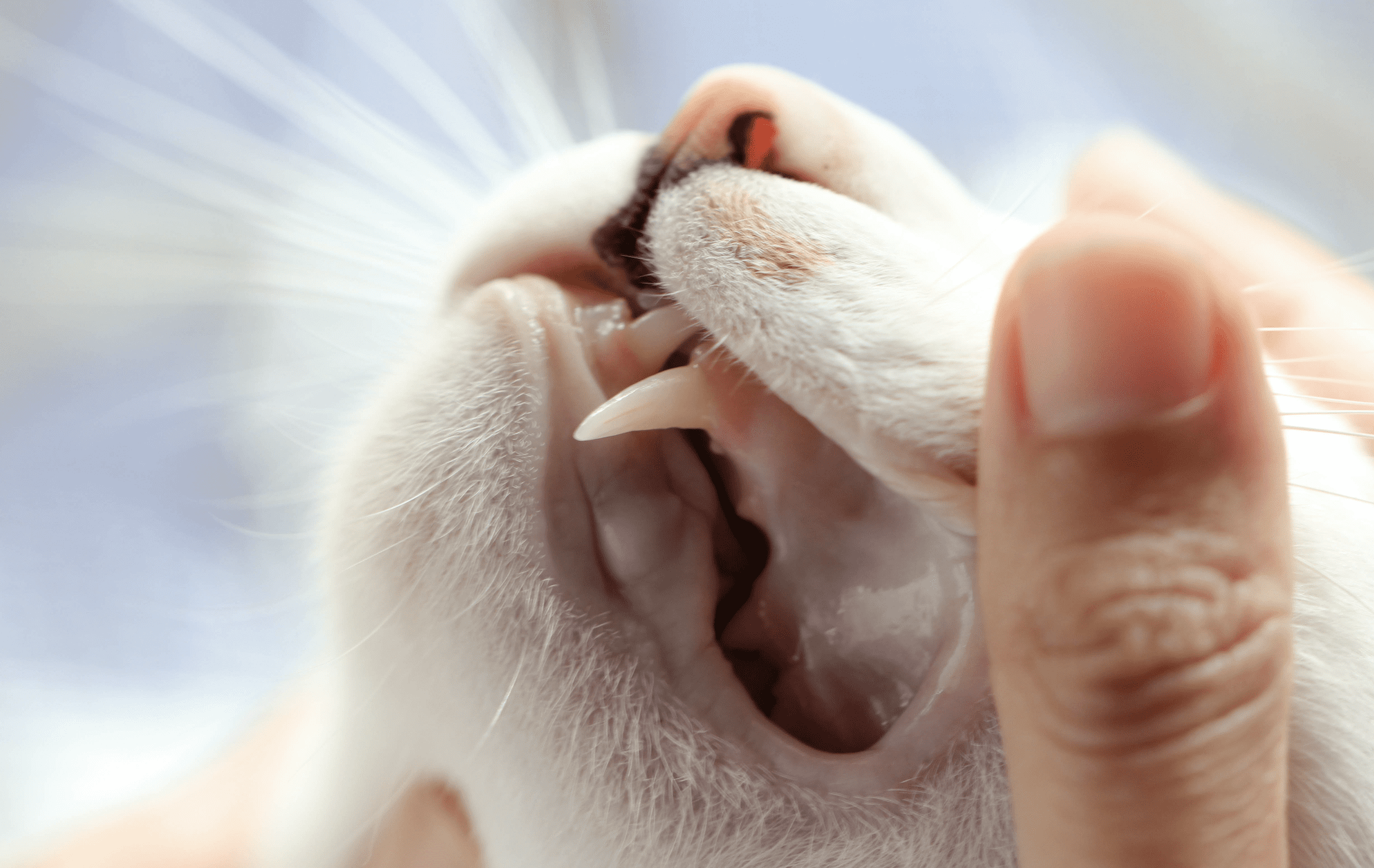Taking care of cats is a huge responsibility. It requires taking care of their overall health to protect them from diseases and prolong their life. Sometimes, you also need to give them extra care and attention to keep them happy and content.
Proper care for cats includes maintaining good dental hygiene. Cats typically have a subtle fishy breath because of their diet. However, a noticeable stink may indicate plaque and tartar buildup. When not addressed immediately, it can lead to serious oral problems like gingivitis and rotten teeth.
Here are seven tips on removing and preventing plaque and tartar buildup for maintaining your feline friend’s dental hygiene.
- Give An Oral Care Dietary Supplement
Regular brushing may not be enough to get the plaque off when your cat has stinky breath and yellowish teeth. You may incorporate an oral care dietary supplement with daily cleaning to help clear plaque and tartar effortlessly.
Oral care dietary supplements usually come in ready-to-mix powder you can blend with your cat’s favorite food and treats. When searching for an effective dental supplement, search for ingredients like Ascophyllum Nodosum or Norwegian, a seaweed known for improving dental health.
- Get Dental Prophylaxis
While regular brushing helps maintain your cat’s dental hygiene, deep cleaning is also required. Getting dental prophylaxis or teeth cleaning twice a year for your cat is recommended by most veterinarians to ensure your pet’s oral health.
Dental prophylaxis gives your cat’s teeth a deep clean. This procedure puts your feline friend in anesthetics to clear up plaque and tartar in hard-to-reach areas. It also reveals unnoticeable oral problems like brittle teeth and symptoms of rot.
During dental prophylaxis, your attending vet may suggest treating a tooth that’s starting to rot. They may also pull out any teeth that are in severe condition to prevent infection from spreading.
- Teeth Wiping Or Brushing
Most cats are frisky, making toothbrushing a difficult task. There can be scratching, jumping, and aggressive tail wagging as you try to clean up each tiny tooth. However, training your cat for regular brushing is crucial to their health, so it’s non-negotiable. The following tips might help you wipe or brush your cat’s teeth with ease:
- Start by training your cat to relax with its mouth open. Avoid forcing your cat since it may trigger panic. Give a reward when good behavior is achieved.
- When your cat is finally comfortable, you may start letting it smell and lick a pet-safe toothpaste to get used to the taste.
- After selecting your cat’s preferred toothpaste, you may start brushing. You may use a pet toothbrush for adult cats or a Q-tip for kittens. Start with the outside-facing side and work your way back.
- Keep the first few wiping or brushing sessions short to keep your cat comfortable. Stop when they start showing signs of discomfort or aggression.
- Finish with an oral spray to freshen up your cat’s breath.
- Always give a treat to reward good behavior.
As your cat gets used to brushing, it will be easier to prevent plaque and tartar buildup.
- Incorporate Dental Treats
Giving your cat treats to reward good behavior or because your cat demands snacks is an opportunity to take care of your furry friend’s dental health. You can incorporate snacks specifically formulated to prevent plaque and tartar buildup.
Slightly abrasive snacks that get your cat chewing helps clear up plaque. As they chew, the treat scrapes the tartar on the teeth’s surface. You may give your cat a dental treat once a day to keep their oral health in good condition.
- Mix In Oral Water Additives
Another convenient option to remove and prevent plaque buildup is by mixing dental additives with your cat’s water. Aside from clearing up tartar, it can also reduce fishy breath and maintain overall oral health.
You can purchase a water additive for cats in your local pet store. However, it’s best to get recommendations from your veterinarian to ensure efficiency and safety. Your vet may suggest approved products or give a list of effective and pet-safe ingredients to look for.
- Create A Healthy Diet Plan
Your cat’s diet significantly impacts its overall health. When plaque and tartar buildup becomes a recurring problem, despite brushing and incorporating supplements, you may reconsider tweaking your cat’s meals.
An all-wet food diet is a common cause of plaque and tartar buildup. Since the food is soft, some particles may stay on your cat’s teeth and cause decay. Incorporating kibbles or freeze-dried food and snacks can help scrape tartar and keep your cat’s teeth clean for a long time.
- Talk To Your Veterinarian
Sometimes, plaque and tartar buildup are symptoms of a serious oral health problem. If you notice an unusual smell or recurring oral health issues, you should consult your veterinarian and get a proper diagnosis of your cat’s condition.
Plaque and tartar buildup might indicate gingivitis when accompanied by stinky breath and swollen gums. When the problem gets worse, you may also notice changes in your cat’s appetite. In this case, your cat requires proper treatment to regain good health.
Conclusion
Dental hygiene is crucial for a cat’s overall health and happiness. When you notice early signs of plaque and tartar buildup, it’s best to get your cat checked and provide effective treatments. However, you can help your cat maintain good oral health with regular brushing, giving them dental treats, and switching to a better diet.


